-
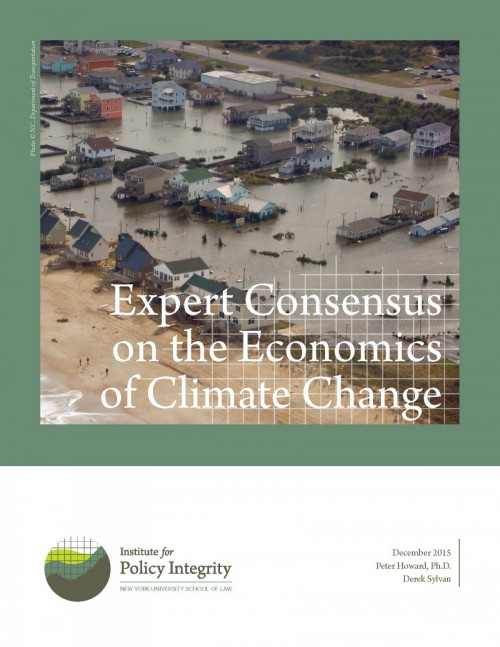
Expert Consensus on the Economics of Climate Change
We surveyed everyone who published an article related to climate change in a highly ranked economics journal over the past 20 years. The survey revealed consensus that climate damages could be more severe and more immediate than previously thought.
-
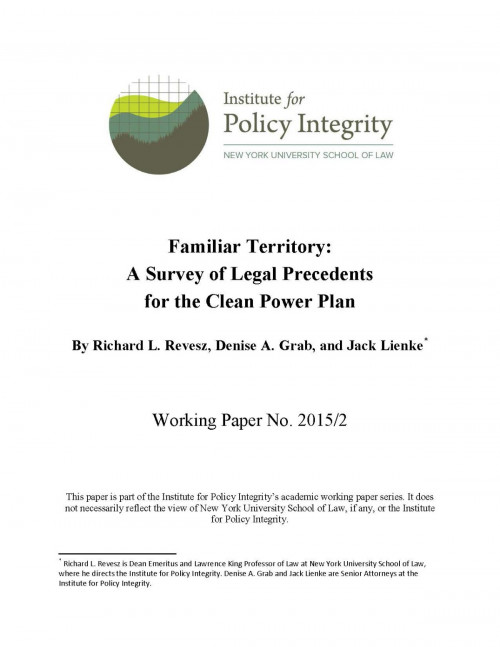
Familiar Territory
A Survey of Legal Precedents for the Clean Power Plan
In this essay, we highlight a wide variety of regulations from the Clean Air Act’s forty-five-year history that provide substantial precedent for the flexible design of the Clean Power Plan.
-
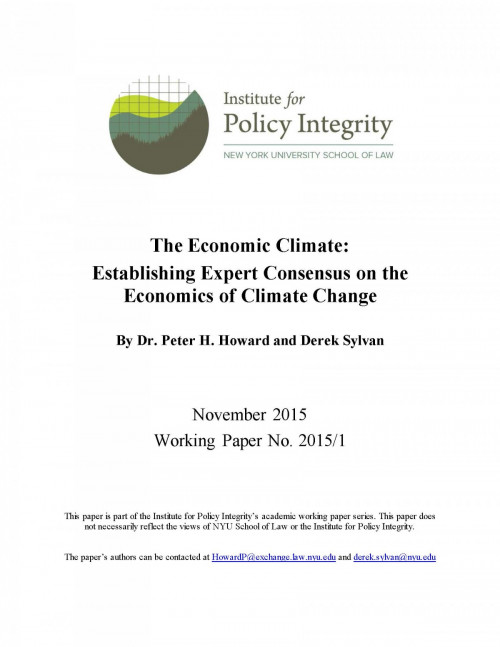
The Economic Climate
Establishing Expert Consensus on the Economics of Climate Change
This working paper offers detailed analysis of our survey of economic experts on climate change issues. We surveyed all those who published an article on climate change in a highly ranked economics journal over the past 20 years. The survey focused on estimated climate impacts and appropriate policy responses, and the results reveal several areas where expert consensus exists on these issues.
-
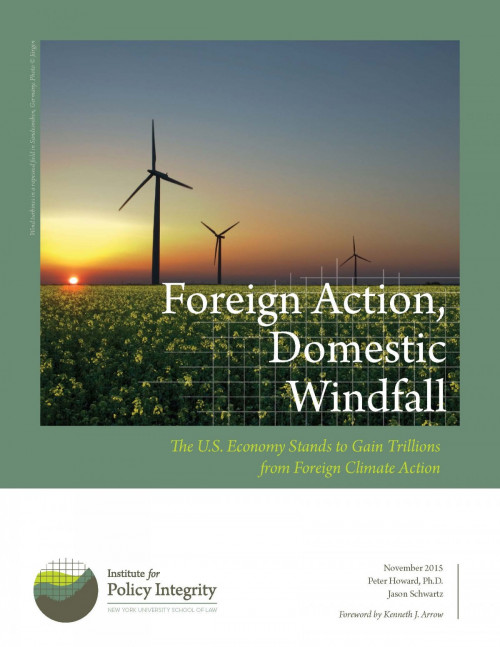
Foreign Action, Domestic Windfall
The U.S. Economy Stands to Gain Trillions from Foreign Climate Action
Global actions on climate change have already helped the United States avoid more than $200 billion in direct economic damage. Trillions of dollars more for the United States are at stake in securing commitments for future emissions reductions from foreign countries.
-
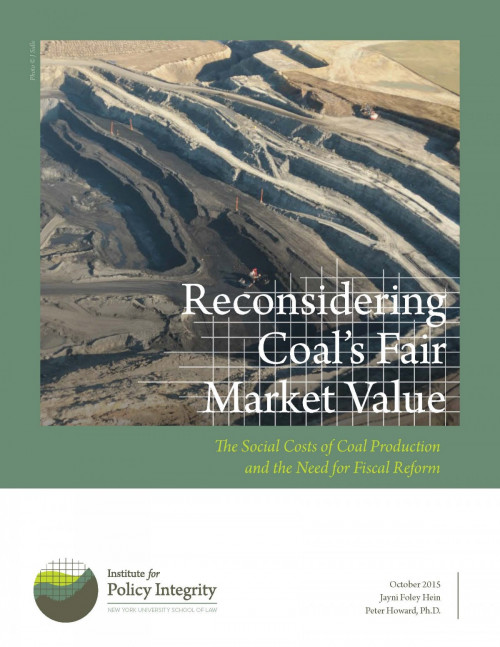
Reconsidering Coal’s Fair Market Value
The Social Costs of Coal Production and the Need for Fiscal Reform
Coal mining on federal lands accounts for more than 40 percent of all coal produced in the United States. But outdated policies, longstanding loopholes, and prevalent environmental externalities keep American taxpayers from receiving their fair share of value from federal coal leases.
Viewing all publications in Climate and Energy Policy
